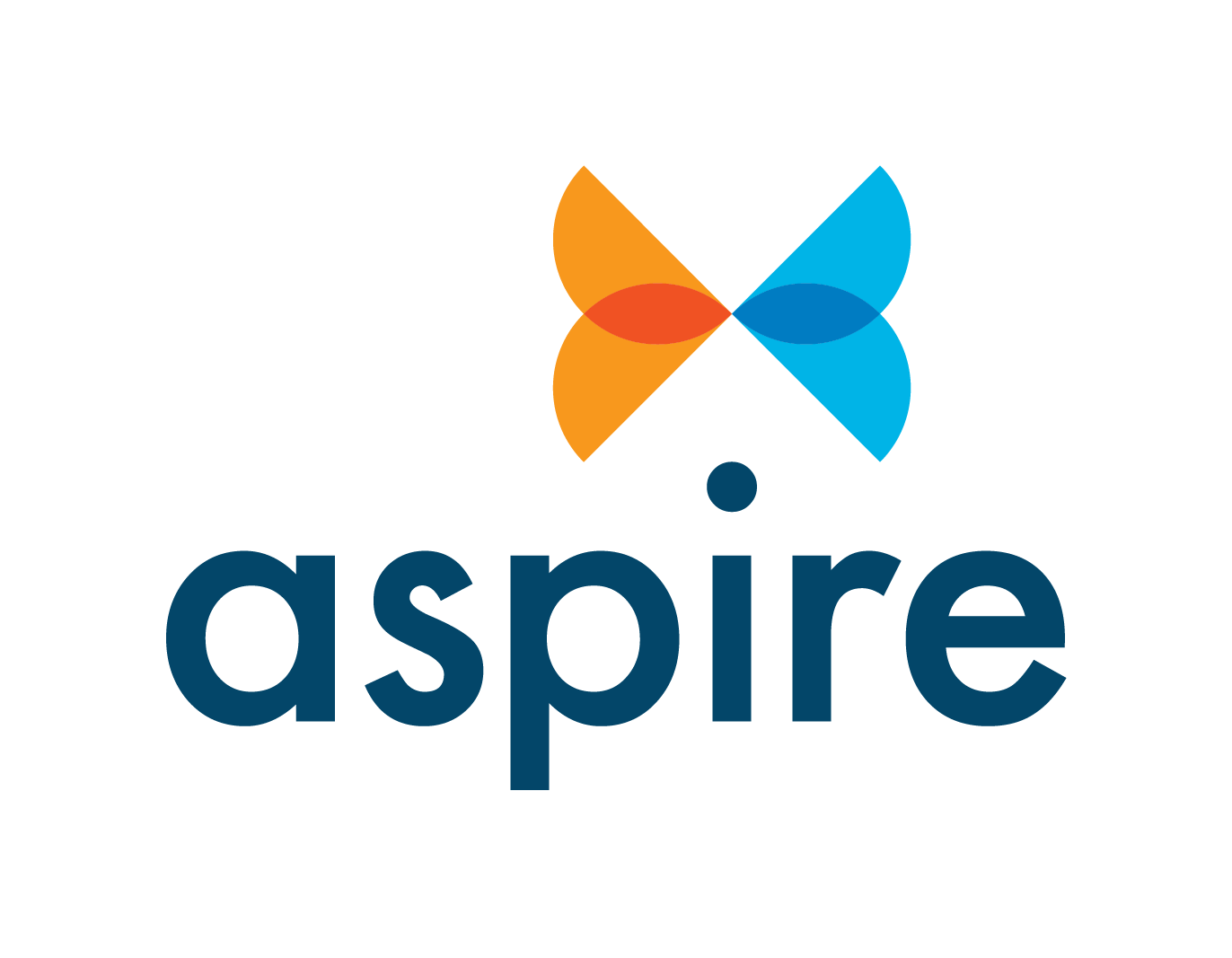Adult Education Research Fuels Improved Student Outcomes
BY LINDA K. JOHNSON, Ph.D. - FEB 14, 2022
Across the country thousands of public and nonprofit organizations provide adult education services to the estimated 43 million Americans who lack the basic literacy skills that allow them to be self-sufficient. How well do these services actually help the adults they serve reach their English literacy and workforce objectives? A 2021 national study by the Institute of Education Sciences (IES) reveals that rigorous research is lacking to provide strategies to guide improvement of these literacy programs.
In order to perform meaningful research, a study needs to address specific questions and isolate factors that will be studied (independent variables). Adult education research standards and procedures are identified in the Department of Education’s What Works Clearinghouse (https://ies.ed.gov/ncee/wwc/FWW ). The paucity of research that meets these standards is summarized in the chart below.
How does Aspire continue to improve the programs it offers? Aspire staff review available research and explore national best practices through participation in national conferences held by ProLiteracy and COABE. Over the past five years we have implemented curricula, and pre- and post-assessments aligned with the curricula, in order to gauge how students are gaining levels of literacy.
This year we are focused on creating curricula and tools to augment the career development skills and support our students request. Currently Aspire is mapping online tools, curricula, and coaching resources for client assessment, career exploration and career planning.
Aspire’s professional team members and volunteers understand that learning helps us give the best of ourselves to the community.
For more information: https://ies.ed.gov/ncee/pubs/2021007/pdf/2021007.pdf



